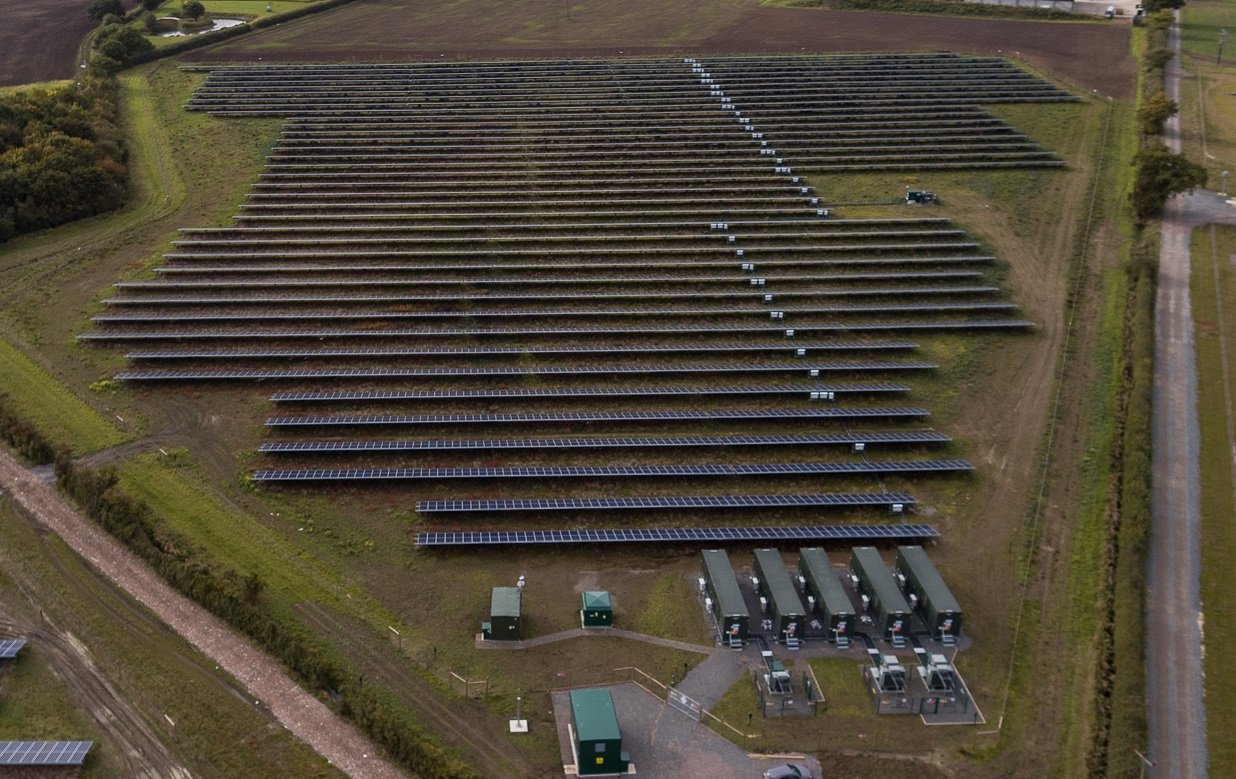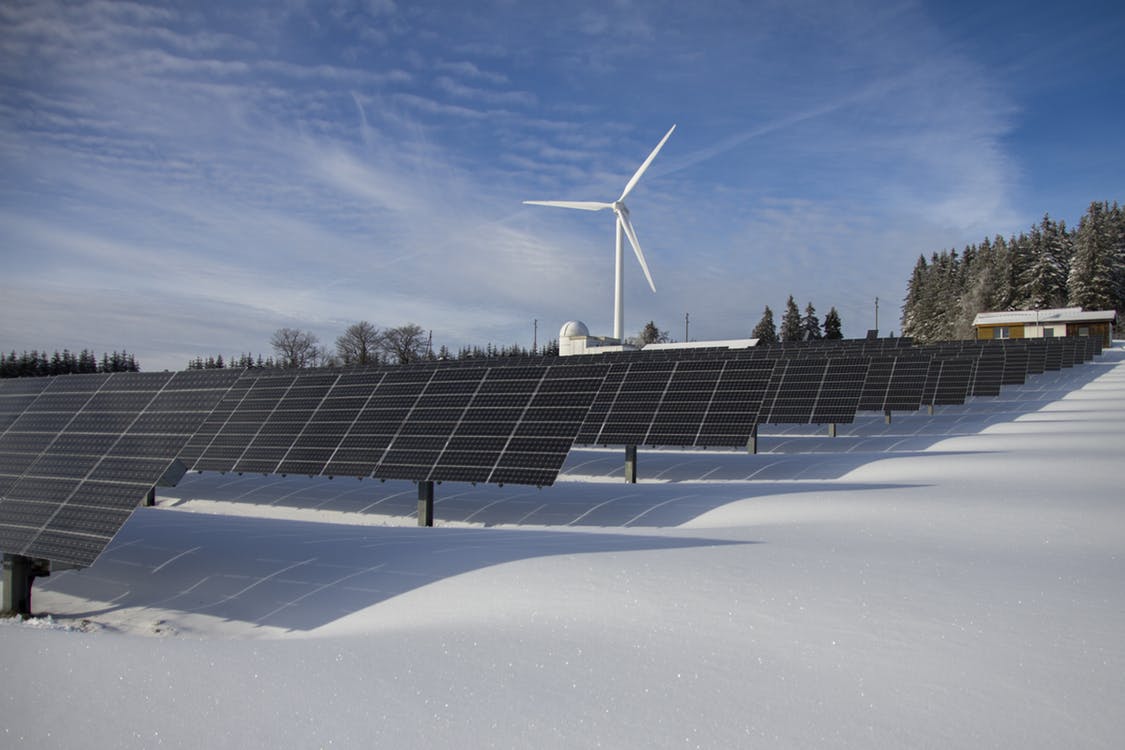BP cuts 10,000 jobs as COVID-19 downturn pinches
UK oil and gas major BP has announced it will cut 10,000 jobs in a response to COVID-19 and the subsequent economic downturn. The company is reducing expenditure across the business, with additional measures such as senior staff not receiving a pay rise this year and cash bonuses under question. In February, BP’s new










